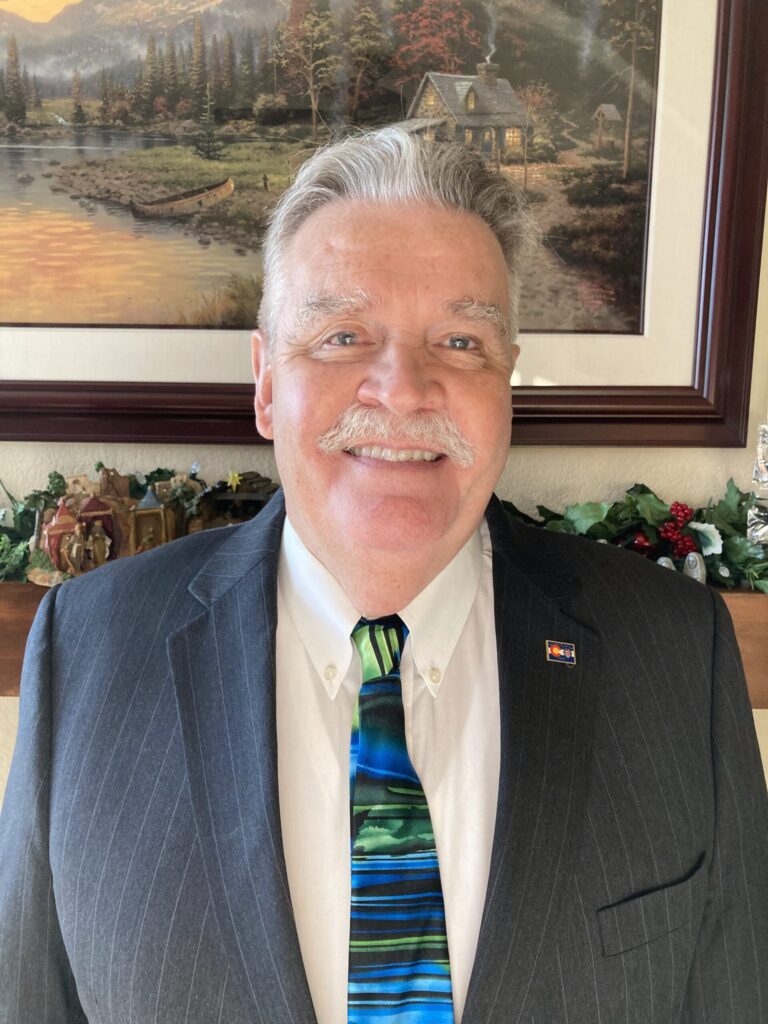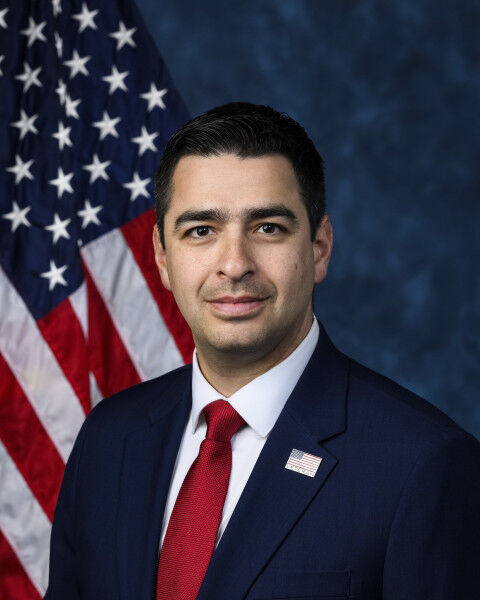Inadequate pay further burns out nurses


The last two years have taken an immense toll on the nurses in this country.
Working long hours in hospitals with alarmingly high patient-to-staff ratios, nurses day-after-day have risked their lives and sacrificed their mental health to care for COVID-19 patients. Early in the pandemic, some nurses even had to make their own personal protective equipment. They’ve been harassed by family members of some patients.
Some have quit. Some have died. And some have traveled from state to state, front line to front line, where the need and the risk is the most severe. As the chief operating officer of a rapid response health-care staffing agency, those traveling nurses are the ones I work with day in and day out. Dedicated, compassionate and brave, these nurses leave their personal lives at a moment’s notice to travel into towns and cities for a few weeks to a few months, caring for the most ill in those communities.
That is why it’s so disappointing to see some congressional lawmakers and industry groups unfairly accuse agencies like mine of price gouging because traveling nurses pay has jumped during a global pandemic.
I understand the frustration with supply and demand driving prices up. But nurses and the agencies that support them are not the problem. With more need, pricing has been impacted with more overhead costs for recruiters, insurance, travel and lodging, as well as additional mental health resources needed to support this group – and, of course, wages to the nurses. As with most businesses, including the business of health care, hospitals keep their staff as lean as possible. With too few nurses to care for too many patients during the pandemic, nurses suffered increased stress and burnout, which resulted in higher turnover rates. Many hit their breaking point and left the profession entirely. Others saw a path forward by becoming a travel nurse.
This isn’t easy work. Nurses typically land in a place where they don’t know anyone socially or professionally and work long hours under immense pressure. They see suffering all day, every day. While the pay is higher than local median annual salaries, the working conditions are not necessarily any better and sometimes, worse. What traveling nurses do get, however, is a break. When the assignment ends, they can rest and recharge.
Nurses have been undervalued for almost two centuries in this country. Caretaking, even medical caretaking, has always been viewed as a woman’s work. In fact, the nursing profession is still 90% female. It is hard to believe that these gender inequities don’t play a role in this conversation. It is sad that when the value of nurses couldn’t be clearer, the conversation is not about how we reward them, keep them healthy or adequately train more of them, but how do we keep their pay from increasing too much. Yes, some congressional members and hospital groups say they don’t want pay limits for nurses, but the reality is that capping agency rates results in capping nurses pay both for temporary nurses, and ultimately permanent hospital staff, thus creating a self-defeating cycle that in the long term will reduce the number of individuals interested in a nursing career. This was borne out of both Minnesota and Massachusetts, the two states with rate caps on staffing agencies. When nurses started exiting the state, Massachusetts was forced to increase the cap, and Minnesota had to offer waivers during the pandemic.
Nurses – the backbone of the health-care industry – are burned out and tired of being taken for granted. More than 20% report that they plan to resign this year and another 29% said they are considering leaving, according to a study by the American Nurses Foundation.
It is time to work together to develop next generation solutions to make our health system function properly for patients, and the staff that serve them – which includes adequate reimbursement and funding to hospitals to continue to render appropriate care for our communities and incentives to motivate an increased supply of caregivers.
Susan Whitman is the executive vice president of Freedom Healthcare Staffing in Aurora.












